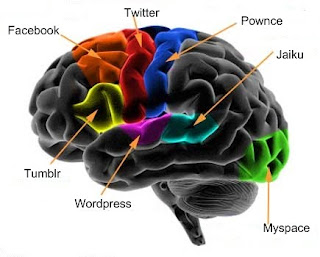
Rupert Murdoch has a new idea to make news a paying business again. Call it the OPEC of news.
News Corp is pressing to create a
consortium of premier media brands—including the New York Times, Washington Post and Hearst—that charge for online news.
Can this latest effort to re-monetize news work? Assuming it survives antitrust review, can a handful of major media publishers shift the entire digital news market?
The theory seems simple: combine the biggest, most trusted names in the same “walled garden” and people will pay to play, by subscriptions or micro-payments. One cartel, one low price.
But news is not oil. News is not a pure commodity that can be refined into a product with a uniform value regardless of the producer. Can every news producer (or even most) be the Wall Street Journal? Doubtful.
Also, right now, oil has minimal competition. Alternative energy remains more expensive and lacks an efficient distribution network. Online news accessible via the Internet and mobile devices is ubiquitous. Online news sources, aggregators and re-posters are endless, and offer an attractive price point: free.
Online news is sunshine, available almost anywhere. And we the readers are walking solar panels.
The WSJ and a few others like the Financial Times occupy a privileged place in the news space. Frankly, their product is worth more. It is timely and quantifiably valuable, both to readers and advertisers. Indeed, a consortium of premier news brands may prove more valuable for increasing ad dollars than generating reader revenues.
Newspapers are definitely interested in consortiums. In four short months,
Journalism Online’s payment platform for digital distribution of news has attracted over 500 newspapers.
Still, I suspect that few news organizations have a critical mass of readers who view them as indispensable, and are willing to pay. An oligopoly of premier news publishers may save those chosen few. That is no guarantee that most publishers, even if collected into a broad consortium, will attract enough paying readers.
































